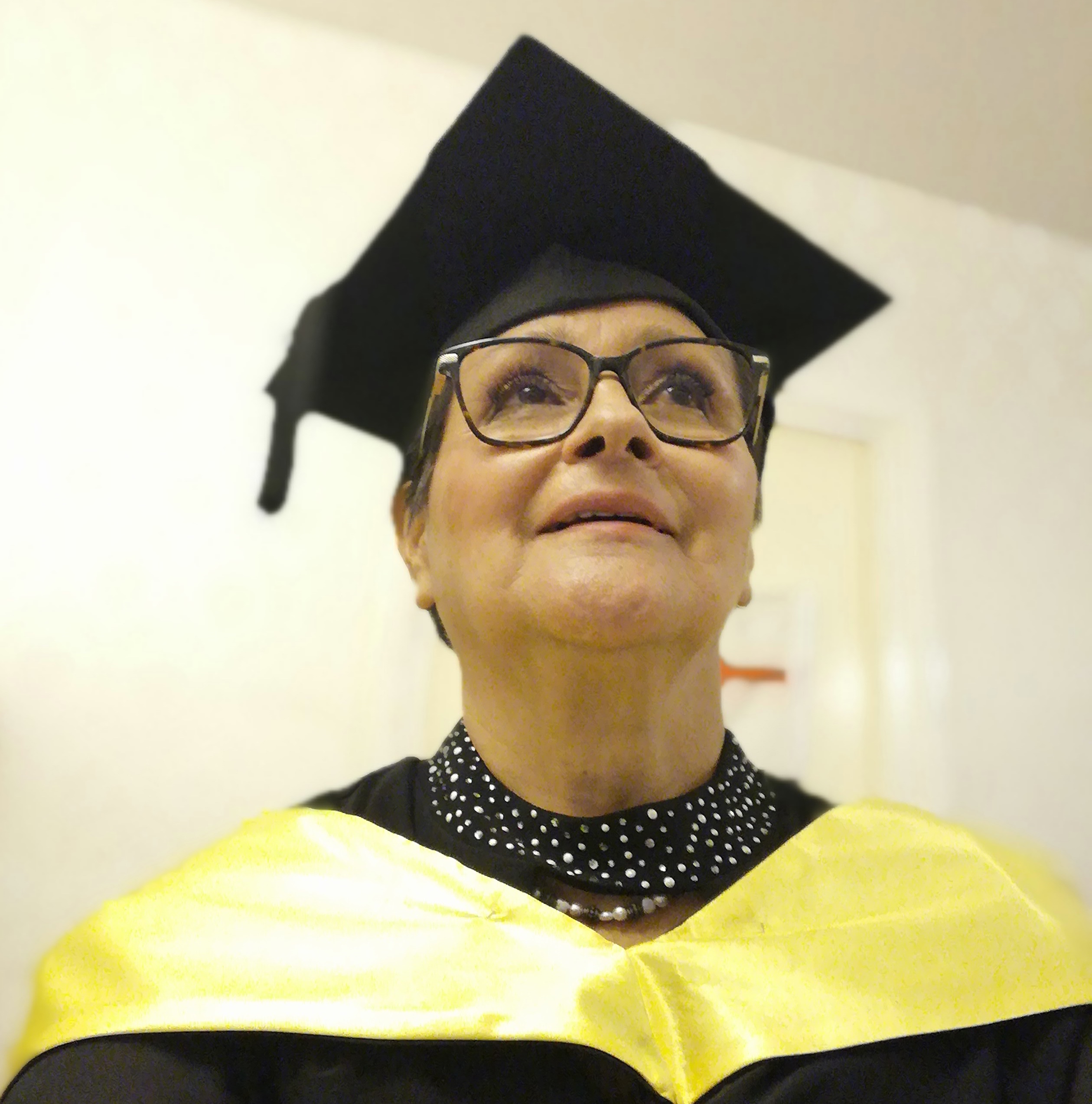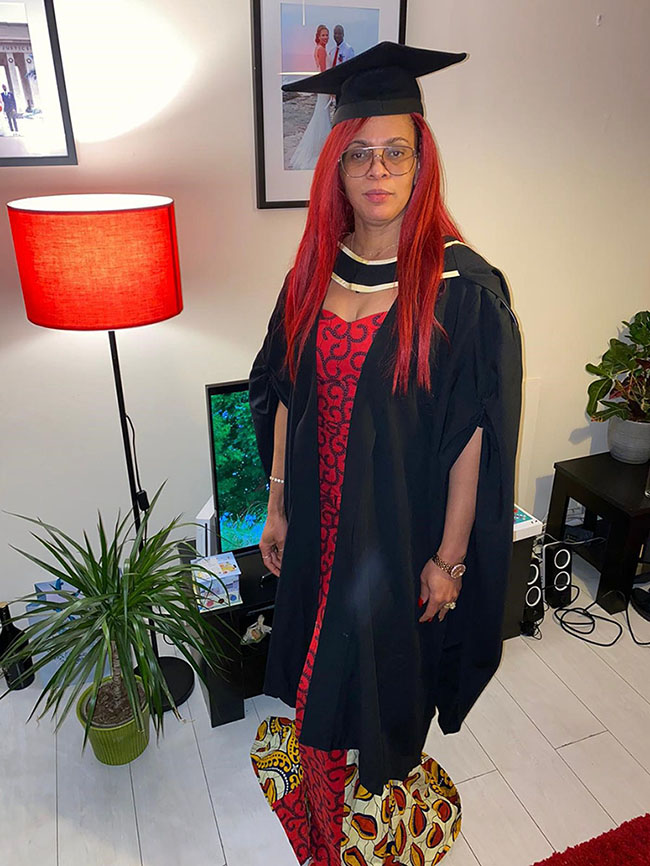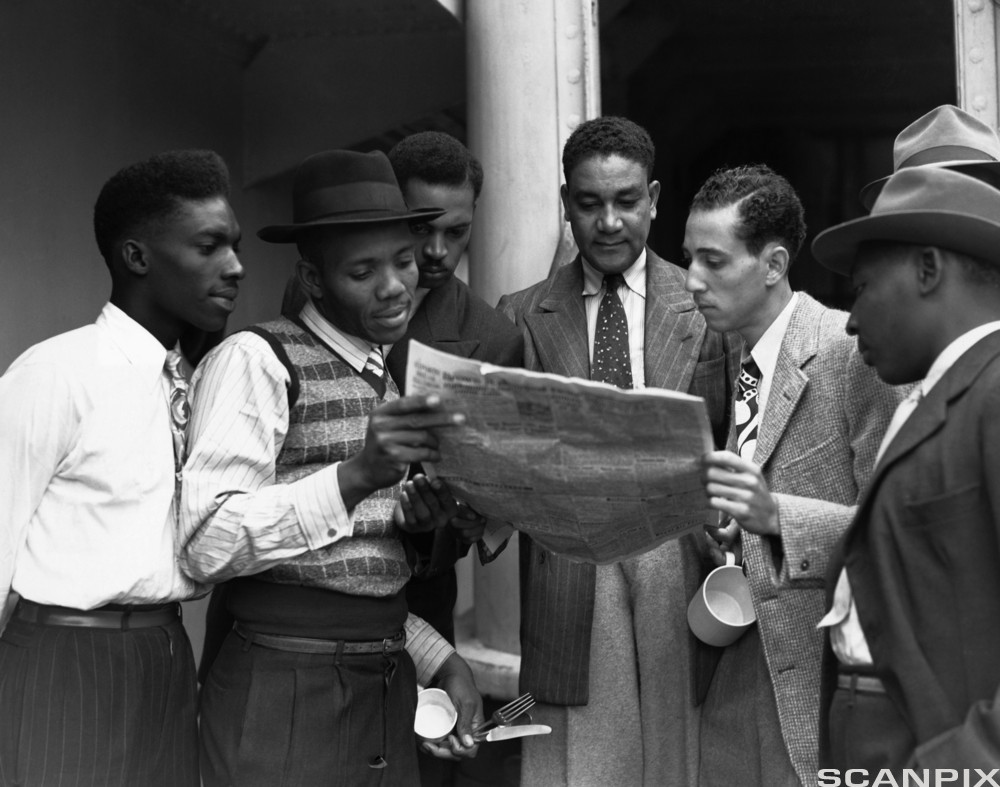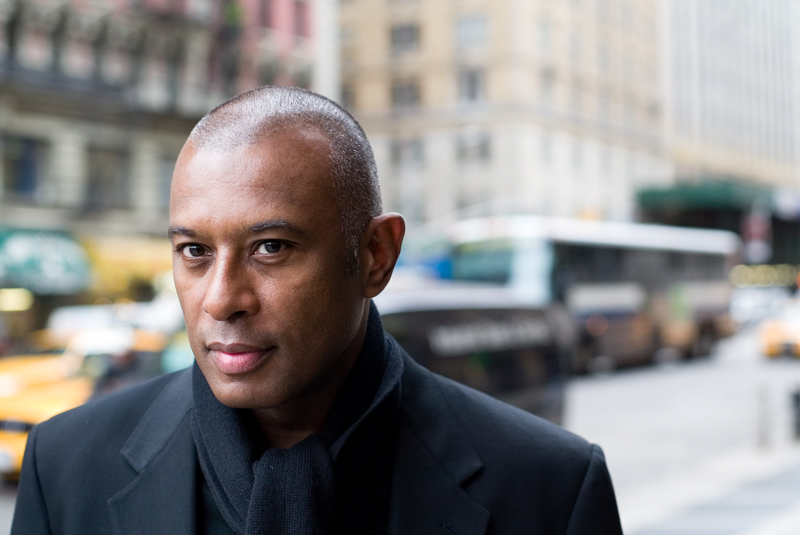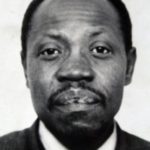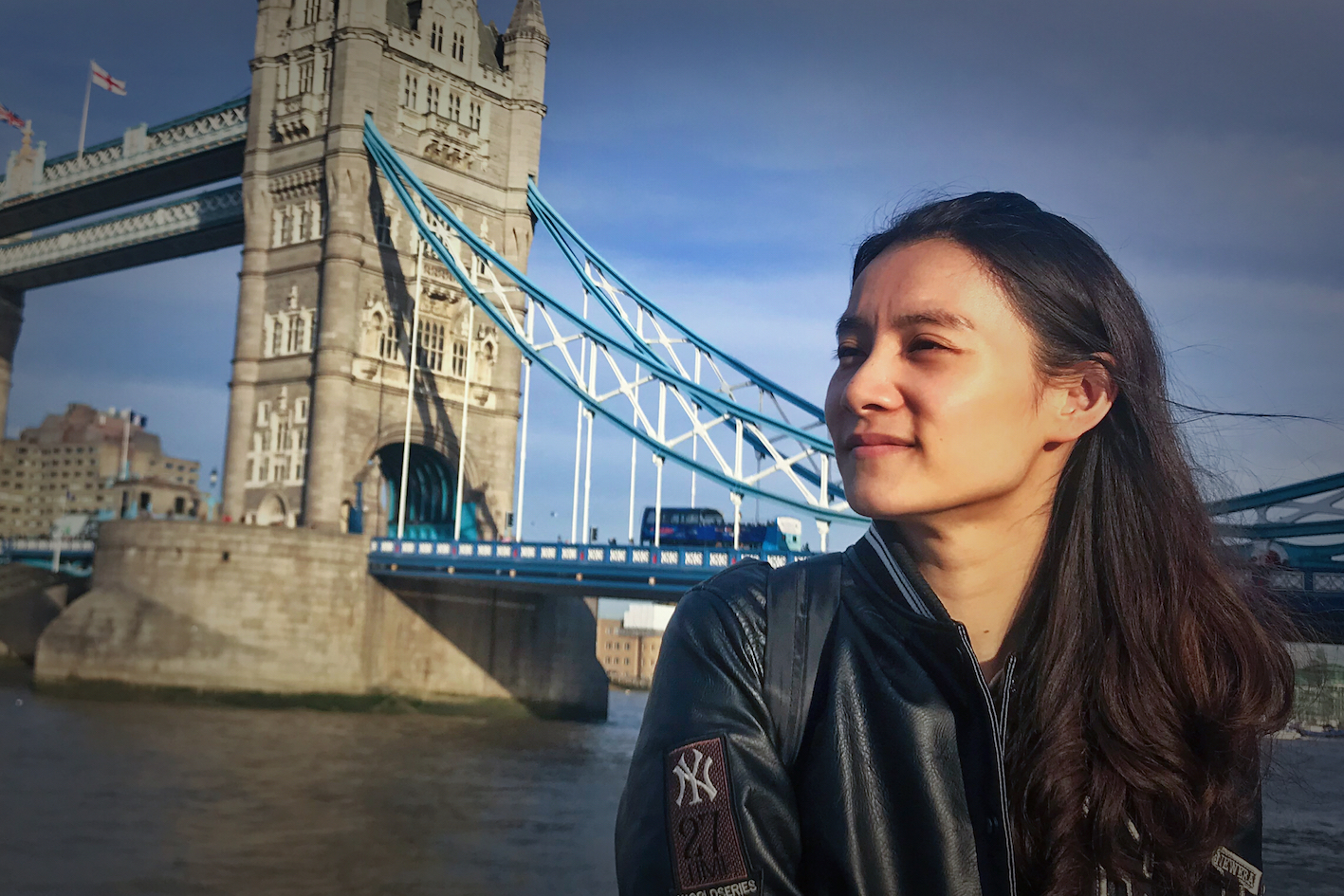Patricia Bonifaz Carrillo arrived at Birkbeck without a formal qualification, but her desire and ambition to learn saw her complete the Higher Education Introductory Studies course and a BSc Business degree. Here is her #BBKgrad story.
Patricia, mother of five, left Colombia for the UK 15 years ago, to be closer to her children and grandchildren. She began her Birkbeck journey back in 2016, when she undertook the Higher Education Introductory Studies (HEIS) course (opting for the Business Studies pathway). Patricia became aware of the course because of Bridges to Birkbeck – an initiative in partnership with Haringey Council that aimed to meet the educational and career aspirations of residents in Tottenham. She found the course hugely enriching: “Enrolling on the HEIS course marked a new life for me, taking away the bad and sad memories I had. I studied alongside 19 peers from a rich variety of backgrounds and we all loved the experience of studying and getting to know one another.”
After completing the year-long HEIS course, Patricia enrolled onto the BSc Business degree in 2018, “I fell in love with Birkbeck, and I just thought, if others can do a degree, why can’t I? I felt much more confident in studying at degree level after the HEIS course, and the evening classes and part-time study option meant I could continue working and attend to family duties. I discovered that social inclusion and mobility are at the heart of Birkbeck’s philosophy, and are real facts, not words. I wanted to study business because it is the core activity around the world – everything has to be profitable.”
Patricia enjoyed all of her degree modules and she was very pleased to receive academic support for English and maths during one-to-one sessions throughout her degree. She explains, “I felt very supported at Birkbeck – the English support I received was excellent and really helped challenge me and improve my maths and English language skills. My course fulfilled my ambitions of learning about the economy, microeconomics and macroeceonomics, statistics, philosophy, governance, law for business, sociology, finance, business plans, psychology, research methods, marketing laws and understanding cyber-attacks prevention. The academic and administrative staff from the Department of Management were very caring, efficient and professional.”
She is hugely proud to have completed her degree this year, aged 69: “I’m so happy to have graduated, I never thought doing a degree in the UK was possible for me, and I’m the first in my family to have studied at degree level. I would encourage others to never doubt their skills and abilities, to not be afraid and to apply to study at Birkbeck to help them realise their dreams. The excellent reputation and relationship that Birkbeck has with the biggest employers and the support delivered to its students and alumni really enhances your skills and employability.”
Further Information
